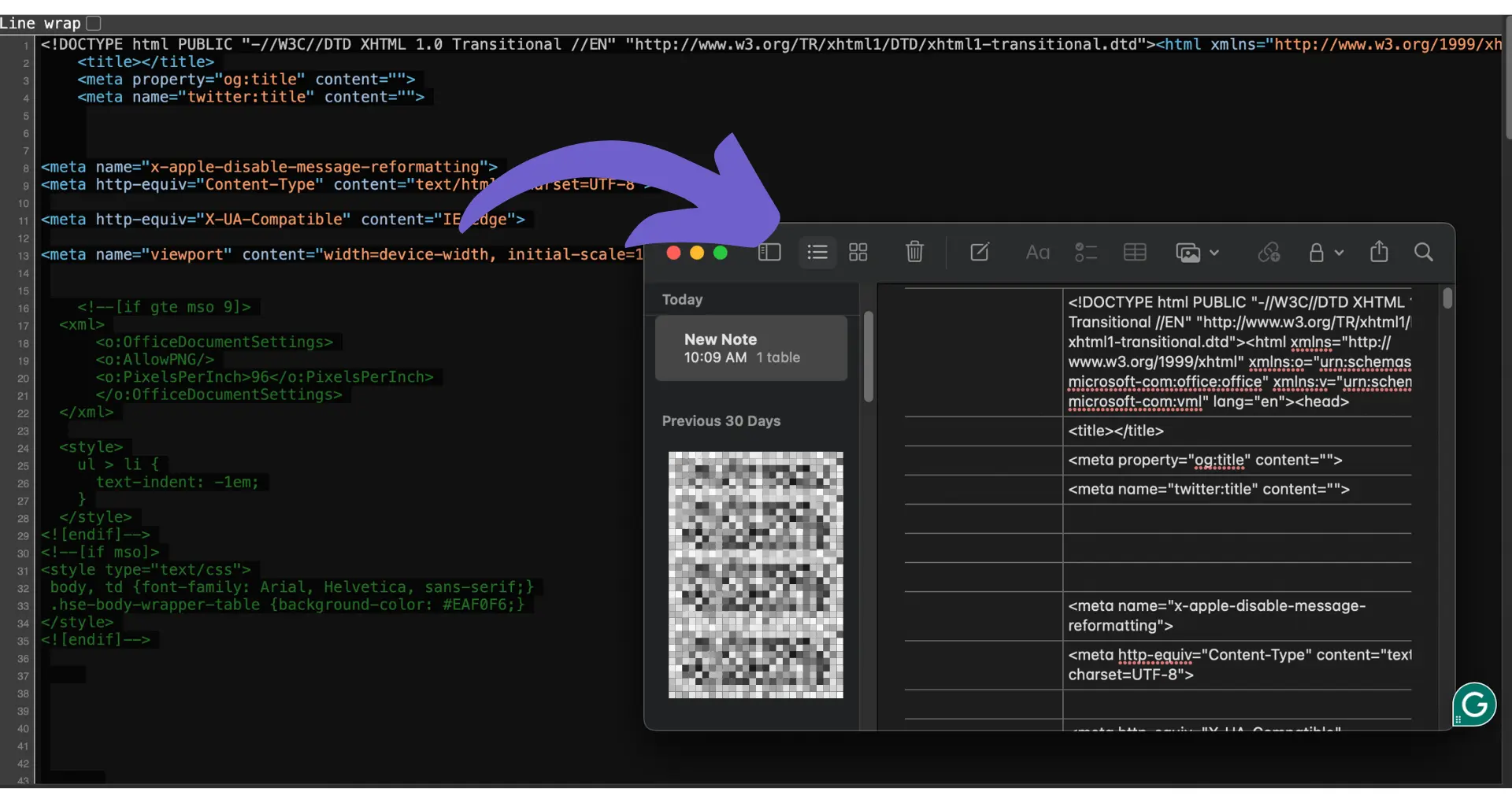CRM automation is revolutionizing the way businesses manage customer relationships, enabling them to streamline processes and boost efficiency. By transitioning from manual customer management to automated systems, companies can significantly reduce time and resources spent on repetitive tasks, allowing them to focus on delivering exceptional customer experiences. In this article, we'll explore the concept of CRM automation, its evolution, key features, and the benefits it brings to modern businesses.
Introduction to CRM Automation
CRM automation is the process of automating repetitive and manual tasks within customer relationship management systems. It enables businesses to streamline their processes, boost efficiency, and focus on delivering exceptional customer experiences. By transitioning from manual customer management to automated systems, companies can significantly reduce time and resources spent on mundane tasks, allowing them to prioritize high-value activities such as building relationships and closing deals. Automate sales prospecting to enhance productivity.
Key benefits of CRM automation include:
- Increased productivity and efficiency
- Improved data accuracy and consistency
- Enhanced lead management and qualification
- Streamlined sales processes and shorter sales cycles
- Better customer engagement and satisfaction
As businesses embrace digital transformation, CRM automation has become a critical component in modern business practices. It empowers sales, marketing, and customer service teams to work smarter, not harder, ultimately driving growth and profitability. Read our AI sales automation guide for more insights.
The Evolution and Impact of CRM Automation
CRM systems have undergone a significant transformation since their inception. Initially, CRM was primarily used for contact management and basic customer interaction tracking. However, as technology advanced and businesses recognized the need for more efficient processes,CRM systems began integrating automation capabilities.
The introduction of automation in CRM has revolutionized how businesses manage customer relationships. Some key milestones in the evolution of CRM automation include:
- Automated data synchronization across multiple systems
- Workflow automation for tasks such as lead assignment and follow-up reminders
- Integration with marketing automation tools for seamless campaign management
- AI-powered features like predictive analytics and chatbots
Numerous case studies demonstrate the profound impact of CRM automation on business operations and customer satisfaction. For example:
- A software company increased revenue by 650% after implementing a CRM system with robust automation features, enabling better data integration and sales-marketing alignment.
- An e-commerce brand boosted conversion rates by 28% by leveraging CRM automation to personalize customer interactions and streamline the sales process.
- A nonprofit organization saw a 120% increase in trial conversions by using CRM automation to engage and nurture leads effectively.
These success stories highlight how CRM automation empowers businesses to optimize their processes, make data-driven decisions, and deliver exceptional customer experiences, ultimately driving growth and profitability.
Bardeen can help automate workflows like lead enrichment and assignment. Check out our CRM automation tools to improve your customer management.
Key Features and Technologies in CRM Automation
CRM automation offers a wide range of essential features that streamline business operations and enhance customer relationships. Some of the core functionalities include:
- Data synchronization: Automated data syncing ensures that all customer information is up-to-date across various systems, eliminating manual data entry and reducing errors.
- Automated workflows: CRM automation allows you to create custom workflows that trigger specific actions based on predefined rules, such as lead assignment, task creation, and email notifications.
- Customer interaction tracking: Automated tracking of all customer interactions, including emails, calls, and social media engagements, provides a comprehensive view of the customer journey.
- Lead scoring and nurturing: CRM automation enables the automatic scoring of leads based on their behavior and engagement, helping sales teams prioritize their efforts. Automated lead nurturing campaigns keep prospects engaged until they are ready to make a purchase.
Artificial intelligence (AI) and machine learning (ML) are transforming CRM automation by providing advanced capabilities such as:
- Predictive analytics: AI-powered predictive analytics help businesses anticipate customer needs, identify cross-selling and upselling opportunities, and optimize marketing campaigns for better results.
- Customer behavior modeling: ML algorithms analyze vast amounts of customer data to create accurate behavior models, enabling personalized experiences and targeted marketing efforts.
- Intelligent chatbots: AI-driven chatbots handle customer inquiries 24/7, providing instant support and freeing up human agents to focus on more complex issues.
- Sentiment analysis: ML algorithms can analyze customer feedback and social media mentions to gauge sentiment and identify potential issues before they escalate.
By leveraging these advanced technologies, CRM automation empowers businesses to make data-driven decisions, improve customer satisfaction, and drive growth in an increasingly competitive landscape.
Benefits of CRM Automation for Sales and Marketing
CRM automation streamlines sales processes from lead generation to closing deals, making your sales team more efficient and effective. By automating repetitive tasks, your sales reps can focus on building relationships and closing deals. Some key benefits include:
- Automated lead scoring and nurturing: CRM automation can score leads based on their behavior and engagement, helping sales teams prioritize their efforts. Automated lead nurturing campaigns keep prospects engaged until they are ready to buy.
- Personalized marketing campaigns: By integrating CRM with marketing automation, you can create targeted, personalized campaigns based on customer data and behavior. This leads to higher engagement and conversion rates.
- Improved customer segmentation: CRM automation enables you to segment your customer base based on various criteria, such as demographics, purchase history, and engagement level. This allows for more targeted marketing and sales efforts.
- Efficient sales forecasting: With automated data collection and analysis, CRM systems can provide accurate sales forecasts, helping you make informed business decisions and allocate resources effectively.
Additionally, CRM automation enhances collaboration between sales and marketing teams. By sharing customer data and insights in real-time, both departments can work together to create a seamless customer experience across all touchpoints. This alignment helps to support sales goals and ensure that sales reps are following up on marketing-generated leads in a timely manner.
Overall, CRM automation empowers sales and marketing teams to work smarter, not harder. By eliminating manual tasks and providing valuable insights, CRM automation helps businesses to attract, engage, and retain customers more effectively, ultimately driving growth and profitability.
Bardeen makes sales prospecting easy by automating repetitive tasks like lead research and list building. Automate sales prospecting to focus more on closing deals.
Choosing the Right CRM Automation Tool
Selecting the best CRM automation tool for your business requires careful consideration of several key factors. To ensure you make the right choice, start by assessing your business needs and goals. Consider the size of your organization, your customer base, and the specific challenges you want to address with CRM automation.
When evaluating CRM tools, look for the following criteria:
- Scalability: Choose a CRM system that can grow with your business. It should be able to handle increasing amounts of data and accommodate more users as your team expands.
- Integration capabilities: Your CRM tool should integrate smoothly with your software stack, such as marketing automation platforms, customer support systems, and accounting software. This ensures a smooth flow of data and eliminates silos.
- User interface: An intuitive and user-friendly interface is crucial for adoption and daily use. Look for a CRM with a clean, easy-to-navigate design that requires minimal training.
- Customization options: Every business is unique, so your CRM should be customizable to fit your specific workflows and processes. Check if the tool allows you to create custom fields, automate tasks, and build personalized reports.
- Mobile accessibility: In today's fast-paced business environment, mobile access to your CRM is essential. Ensure that the tool offers mobile apps or responsive web design for on-the-go access.
Additionally, consider the vendor's reputation, customer support, and pricing model. Look for a provider with a proven track record of reliability and excellent customer service. Compare pricing plans and ensure that the features you need are included in your chosen package.
Before making a final decision, take advantage of free trials or demos offered by CRM providers. This hands-on experience will give you a better understanding of how the tool works in practice and whether it meets your expectations.
By carefully evaluating your options and prioritizing your business needs, you can select a CRM automation tool that will enhance your processes with AI, improve customer relationships, and drive growth for your organization.






